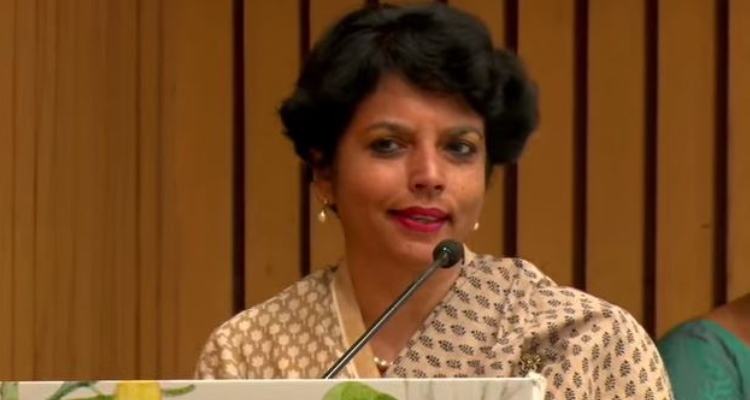
India’s judicial system has significantly enhanced the country’s status as a prime location for arbitration, according to Supreme Court Judge Justice Hima Kohli.
Speaking at a seminar titled ‘Recent Developments in Arbitration to Promote Business,’ organized by law firms Gibson Dunn Secretariat and UNUM Law, along with the International Arbitration and Mediation Centre (IAMC) and the General Counsels’ Association of India, Justice Kohli emphasized the crucial role courts play in upholding the integrity of arbitral awards.
Justice Kohli highlighted that the complexities of international trade disputes necessitate effective resolution mechanisms, with Alternative Dispute Resolution (ADR), particularly arbitration, becoming a key tool for businesses.
“In recent years, India has made significant strides in establishing itself as a reliable partner in arbitration and mediation services. India’s transformation into a commercial arbitration hub has been driven by the judiciary’s unstinting commitment to fast-tracking matters under the Arbitration and Conciliation Act, 1996, and fostering a broadly pro-enforcement regime,” she noted.
She pointed out that landmark judgments have underscored India’s dedication to maintaining the sanctity of arbitral awards. “By limiting judicial intervention and respecting arbitral awards, the effort of the Indian courts has bolstered India’s reputation as a favourable destination for (alternative) dispute resolution. This judicial philosophy complements legislative reforms and signifies India’s ambition to become a global hub for arbitration,” she said.
Justice Kohli also stressed the importance of developing a specialized arbitration bar with experts and legal practitioners dedicated to arbitration, in response to the rise of institutional arbitration in India. She advocated for seminars and training sessions to refine every aspect of the arbitration process, from drafting to enforcement, thereby enhancing confidence in India as an arbitration hub. “This would also ensure that arbitration gains traction and does not take a back seat compared to litigation in court,” she added.
Recent amendments to the Arbitration and Conciliation Act have aligned India’s laws with the best international practices, promoting a pro-arbitration regime that inspires confidence in resolving commercial disputes. Justice Kohli mentioned that the 2021 amendments to the Act aim to address new challenges and improve its effectiveness. These changes focus on promoting institutional arbitration, recognizing the importance of specialized arbitration institutions, ensuring confidentiality during proceedings, and ensuring impartiality in the appointment of arbitrators.
Regarding the Bar Council of India’s March 2023 decision to permit foreign law firms to operate in specific areas on a reciprocal basis, Justice Kohli said this would offer young Indian legal talent opportunities to compete internationally and allow Indian law firms to adopt global best practices. “Additionally, these regulations will help address concerns about the influx of Foreign Direct Investment (FDI) and establish India as a hub for international commercial arbitration,” she said.
Justice Kohli concluded by expressing confidence in India’s potential to become a preferred destination for international arbitration, especially for commercial businesses. “It has a progressive legislative framework, a pro-enforcement judiciary, and robust institutional support. Through its verdicts and administrative initiatives, the Indian judiciary has consistently demonstrated its commitment to ensuring the finality of arbitral awards, encouraging mediation, and fostering a pro-investment environment,” she stated.
“Undoubtedly, India stands as a reservoir of untapped potential, poised to ascend as a premier destination for commercial mediation on the international level,” she added.




